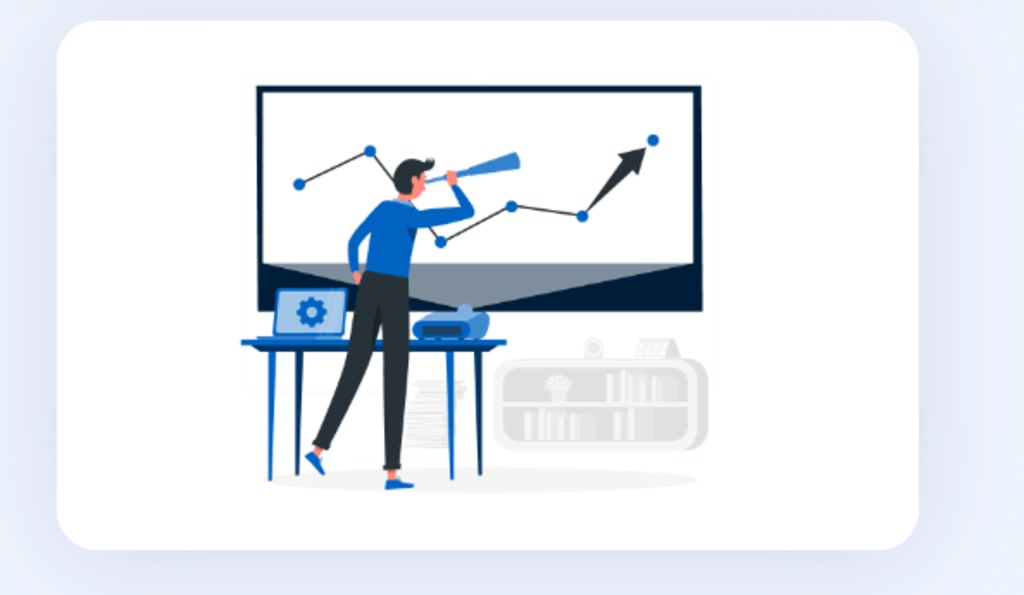Medical App Development
How to create medical app? Dive into our guide: types of mhealth apps, technologies, future and dev cost from mHealth app development

Healthcare app development has become a crucial area of focus for healthcare providers, patients, and technology companies. With the increasing demand for mobile healthcare services, healthcare app development has become a critical component of healthcare delivery, enabling patients to access healthcare services and information from anywhere, at any time.
Healthcare app development involves the creation of mobile applications that help patients manage their health and wellness, access medical information and resources, and interact with healthcare providers. These apps can be used for a variety of purposes, including monitoring vital signs, tracking medication usage, scheduling appointments, and receiving health education.
Importance of Healthcare App Development
Healthcare app development is essential to providing patients with easy access to healthcare services and information. It enables patients to manage their health and wellness effectively, improving patient outcomes and reducing healthcare costs. Healthcare app development also improves the quality of care delivered by healthcare providers, enabling them to provide more personalized, patient-centered care.
Healthcare app development is particularly important in areas with limited access to healthcare services, such as rural or remote areas. Mobile healthcare services can bridge the gap in healthcare access, enabling patients to receive healthcare services and information regardless of their location.
Key Trends in Healthcare App Development
The field of healthcare app development is constantly evolving, with new trends and technologies emerging regularly. Some of the key trends in this field include:
Telemedicine
Telemedicine involves the use of technology to deliver healthcare services remotely. This technology includes video conferencing, messaging, and other communication tools. Telemedicine enables patients to receive healthcare services from anywhere, reducing the need for in-person visits to healthcare providers.
Wearable Technology and Sensors
Wearable technology and sensors are increasingly being integrated into healthcare apps, enabling patients to monitor their health and wellness more effectively. Wearable devices such as fitness trackers, smartwatches, and other wearable technology can monitor vital signs, track physical activity, and collect other health-related data.
Artificial Intelligence and Machine Learning
Artificial intelligence (AI) and machine learning are being used to develop more intelligent healthcare apps that can analyze data, predict outcomes, and recommend personalized interventions. AI algorithms can be used to detect abnormalities in medical images, assist in surgical procedures, and predict disease progression or identify patients at risk of developing certain conditions.
Best Practices for Healthcare App Development
Developing a successful healthcare app requires careful attention to user experience, data privacy, regulatory compliance, and collaboration with healthcare providers and stakeholders. Some best practices for healthcare app development include:
Prioritizing User Experience and Usability
Healthcare apps should be designed with the user in mind, taking into account their needs, preferences, and limitations. Apps should be easy to use, intuitive, and visually appealing. Developers should also prioritize accessibility, ensuring that the app can be used by patients with disabilities or limited mobility.
Ensuring Data Privacy and Security
Healthcare app developers must ensure that patient data is stored securely and accessed only by authorized parties. This requires compliance with regulatory requirements such as the Health Insurance Portability and Accountability Act (HIPAA) and other data privacy laws. Developers should also obtain user consent for data collection and use and implement encryption and other security measures to protect user data.
Complying with Regulatory Requirements
Healthcare app developers must comply with regulatory requirements, such as HIPAA and other data privacy laws, to ensure that the app is legally and ethically sound. They must also ensure that the app is effective in delivering its intended benefits, such as improving patient outcomes, reducing healthcare costs, and improving the quality of care delivered by healthcare providers.
In conclusion, healthcare app development is a critical component of healthcare delivery, enabling patients to access healthcare services and information from anywhere, at any time. With the increasing demand for mobile healthcare services, healthcare app development will continue to evolve, with new trends and technologies
emerging regularly. Healthcare app developers must prioritize user experience and usability, data privacy and security, and compliance with regulatory requirements to ensure that their apps are effective and ethical. As the field of healthcare app development continues to grow and evolve, it is essential that developers collaborate with healthcare providers, patients, and other stakeholders to develop apps that meet the needs of all parties involved.
FAQs
What is healthcare app development?
Healthcare app development involves the creation of mobile applications that help patients manage their health and wellness, access medical information and resources, and interact with healthcare providers.
Why is healthcare app development important?
Healthcare app development is essential to providing patients with easy access to healthcare services and information. It enables patients to manage their health and wellness effectively, improving patient outcomes and reducing healthcare costs. Healthcare app development also improves the quality of care delivered by healthcare providers, enabling them to provide more personalized, patient-centered care.
What are some key trends in healthcare app development?
Some key trends in healthcare app development include telemedicine, wearable technology and sensors, and artificial intelligence and machine learning.
What are some best practices for healthcare app development?
Some best practices for healthcare app development include prioritizing user experience and usability, ensuring data privacy and security, and complying with regulatory requirements.
How can healthcare app developers collaborate with healthcare providers and other stakeholders?
Healthcare app developers can collaborate with healthcare providers and other stakeholders by seeking their input and feedback throughout the development process and ensuring that their apps meet the needs of all parties involved. They can also participate in industry events and conferences to stay up-to-date on emerging trends and technologies in the field.
About the Creator
Baloar
Product Software Development
Enjoyed the story? Support the Creator.
Subscribe for free to receive all their stories in your feed. You could also pledge your support or give them a one-off tip, letting them know you appreciate their work.
Reader insights
Outstanding
Excellent work. Looking forward to reading more!
Top insight
Expert insights and opinions
Arguments were carefully researched and presented






Comments
Baloar is not accepting comments at the moment
Want to show your support? Send them a one-off tip.